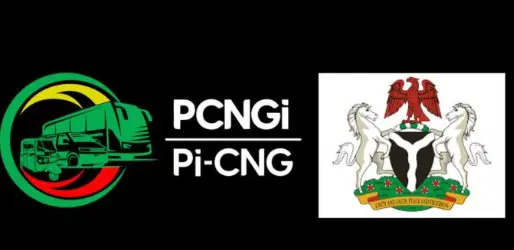Nigeria’s ambitious drive toward cleaner and cheaper energy has hit a major milestone, as the Presidential Compressed Natural Gas Initiative (PCNGI) announced a staggering $980 million in investments in the CNG sector within just 18 months.
Speaking at the launch of the Portland Gas Ltd/NASENI CNG Daughter Station Auto Conversion and Training Centre along the Kubwa Expressway in Abuja, PCNGI Chief Executive Officer, Michael Oluwagbemi, described the rapid growth of the sector as unprecedented in Nigeria’s energy history. According to him, major corporations such as BUA and the Nigerian Bottling Company have collectively invested over ₦720 billion in CNG trucks and 100 water stations, cementing CNG as the nation’s fastest-growing industry.
The numbers tell a striking story: Nigeria’s CNG-powered vehicles have surged from just 4,000 to about 100,000 in a year and a half. Oluwagbemi attributed this boom to strong incentives, noting that switching to CNG offers motorists up to 90% in fuel cost savings. However, he cautioned against the diversion of auto CNG to power plants, stressing that such moves could undermine the transition effort.
His concerns are already on the radar of lawmakers. The Speaker of the House of Representatives, Hon. Tajudeen Abass, represented by Hon. Alexander Mascut, confirmed that the legislature is preparing laws to protect auto CNG from being diverted to other uses. “Transitioning from petrol to CNG is a new experience for many Nigerians, but the House will ensure the legal framework supports gas users and sustains this revolution,” he said.
Read Also:
- NNPC pushes bold gas strategy, promotes industrial parks, CNG, ease of doing business
- Over 2,300 Kogi youths empowered with CNG conversion skills in major clean energy drive
- P-CNGi signs agreement with firm to expand access to CNG
Portland Gas Ltd CEO, Folajimi Mohammed, unveiled the new facility as a “complete gas hub” featuring an auto-conversion centre, training facilities, and a refill station. The company has also secured approval to sell Liquefied Petroleum Gas, making the station a one-stop shop for both vehicle and household energy needs. Mohammed revealed that PCNGI has subsidised vehicle conversions to the point of making them free for members of the Nigerian Association of Road Transport Owners (NARTO), National Union of Road Transport Workers (NURTW), and e-hailing drivers on platforms like Uber and Bolt.
To extend the CNG revolution nationwide, the Nigerian National Petroleum Company Limited is fast-tracking the Ajaokuta-Kaduna-Kano (AKK) gas pipeline project, ensuring gas availability from the North to the South. NASENI’s Chief Executive, Khalil Halilu, noted the strategic placement of the Kubwa station as a central access point linking both regions.
With the combination of massive investments, government backing, and private sector innovation, Nigeria’s CNG transformation is shaping up to be one of the most significant shifts in the country’s transportation and energy sectors in decades.






